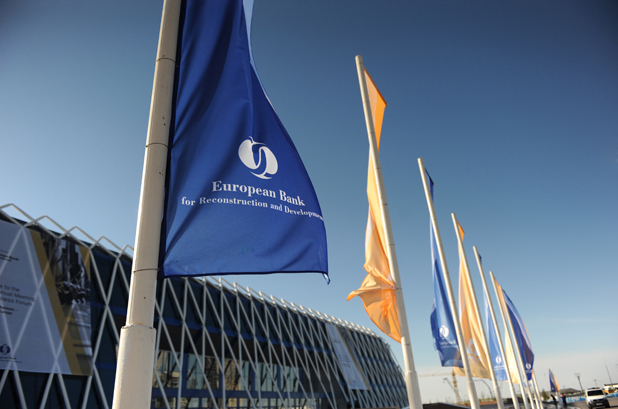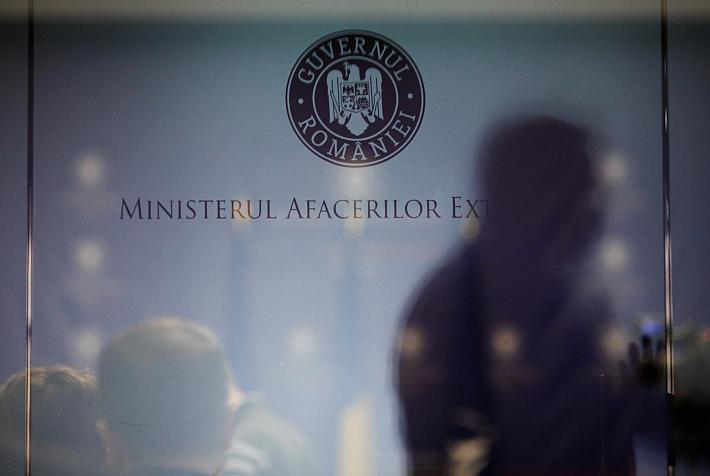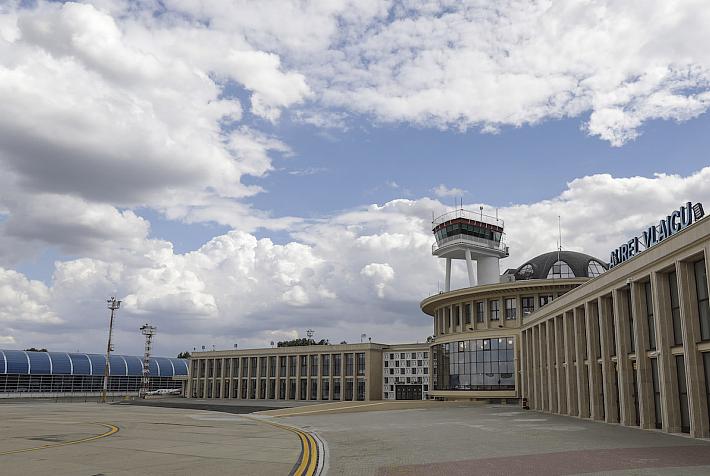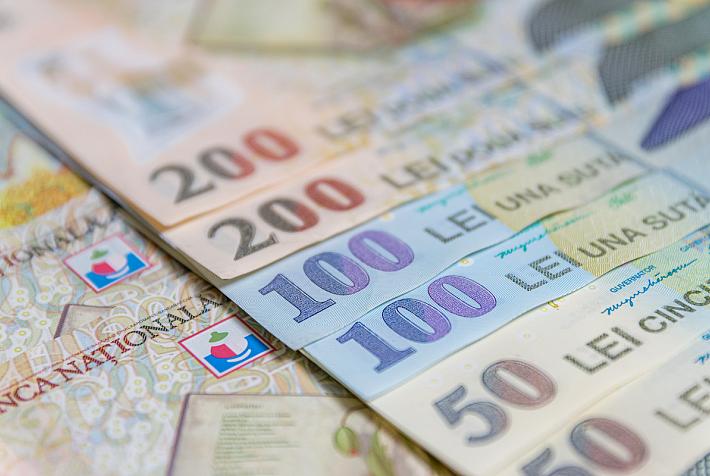EBRD: 1.2% growth in Romania, high risk of recession in the region
 Emerging Europe is being “buffeted” by the ongoing eurozone problems, according to a new report from the European Bank for Reconstruction and Development ( EBRD ). The study, which looks at both Central and Eastern European states in the EU and beyond, including Russia, the Ukraine, the Balkans, Turkey and some Middle Eastern and North African countries, predicts an overall slow down in economic growth in 2012.
Emerging Europe is being “buffeted” by the ongoing eurozone problems, according to a new report from the European Bank for Reconstruction and Development ( EBRD ). The study, which looks at both Central and Eastern European states in the EU and beyond, including Russia, the Ukraine, the Balkans, Turkey and some Middle Eastern and North African countries, predicts an overall slow down in economic growth in 2012.
A GDP growth of 1.2 percent is predicted for Romania in 2012 and the study echoes many of the points in the recently published study by Fitch Ratings on the region. “Until recently, Romania’s economy was on track to record robust growth in 2012, after a recovery in 2011. However, the slowdown in the eurozone is already having a significant dampening effect on Romania’s exports, and further weakening is likely in the coming months. The eurozone crisis has a dampening effect mainly through cross-border banking relationships. Continued IMF support provides an important buffer,” reads the EBRD report. The 1.2 percent forecast for growth is however higher than the EBRD's prediction for Romania in January, when the 0.8 percent growth was predicted. The EBRD forecasts 2.6 percent growth for Romania in 2013.
The study assumes that the eurozone will suffer a mild recession overall, but that the crisis will be contained. The threat against funding to the banking sector, as Western banks tighten cash flow to subsidiaries, looms over the study. “As European parent banks continue to deleverage, subsidiaries in the transition countries will see reduced cross-border funding and therefore extend less credit,” states the report.
For the South Eastern Europe region, which includes Romania, the EBRD predicts 1 percent growth for 2012. Most countries will experience “anaemic growth, reflecting a big drop in investment in recent years and weak levels of confidence.” The damage caused by economic links with Greece is also highlighted in the report. Overall much appears to be dependent on the eurozone's fortunes. The EBRD suggests that 2012 and 2013 growth in the region could be below the most recent predictions, if the eurozone suffers more than currently expected. “The risk that emerging Europe as a whole will re-enter recession within the next 12 months is viewed as high,” concludes the report.
Liam Lever, liam@romania-insider.com











